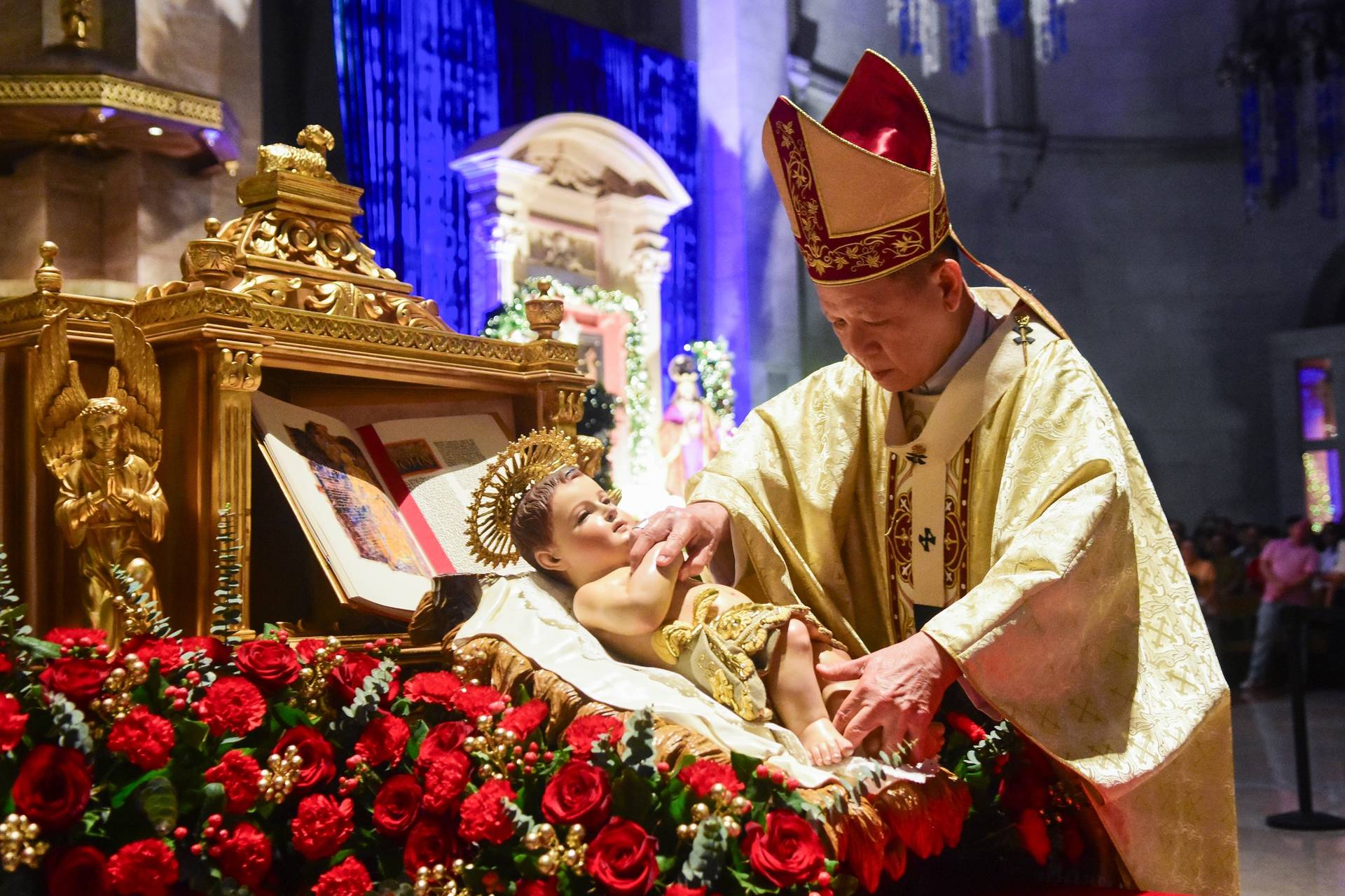MUMBAI – In yet another indication that a recently appointed papal delegate faces a stiff challenge in restoring calm to a troubled archdiocese in India’s Syro-Malabar Church, a leading priest in the archdiocese has charged church leaders with “fabricating truths for the consumption of the gullible faithful,” while a Church spokesman has called the claim “deceptive and misleading.”
The comments came in response to a letter from Archbishop Joseph Pamplany of Tellicherry, chair of the media commission of the Syro-Malabar Church, published by Crux Aug. 5.
RELATED: Syro-Malabar Church responds to comments by Crux editor
In that letter, Pamplany defended Cardinal George Alencherry, head of the Syro-Malabar Church, and the other bishops who make up its governing synod, from critics in the Archeparchy of Ernakulam-Angamaly, the largest jurisdiction within the Church.
A swath of clergy and laity in the archeparchy have been in what amounts to open rebellion for months, in part over objections to a new uniform method of celebrating the Syro-Malabar Mass, and in part over other objections to Alencherry’s leadership, including a controversial series of real estate transactions for which the 78-year-old prelate faces seven criminal charges before Indian courts.
Those tensions led Pope Francis on July 31 to appoint Slovak Archbishop Cyril Vasil, a former number two official in the Vatican’s Dicastery for Eastern Churches, to try to bring the dispute to an end. An Aug. 5 letter from Vasil to the Syro-Malabar faithful, however, stirred fresh controversy when he defined his role as implementing the decisions of the bishops’ synod on the liturgy, rather than mediating between the bishops and the clergy and laity who object.
According to reports, many parishes in Ernakulam-Angamaly refused to read Vasil’s circulate letter aloud at Sunday Mass as he had requested.
In his letter to Crux, Pamplany blamed the difficulties on what he termed a “presbysterocracy” in Ernakulam-Angamaly “that reigns with all its might over the desire and opinions of the very vast majority of the lay persons in the archdiocese who would like to follow the Synodal decision.”
In response, Father Kuriakose Mundadan, secretary of the presbyteral council in in Ernakulam-Angamaly, wrote to Pamplany, sending a copy of his response to Crux.
“One among the bishops who was very agitated about what he called ‘presbyterocracy’ wanted by all means to establish ‘episcopocracy’,” Mundadan wrote. “Such people are power crazy, it was simply seen as a threat to power, nothing else.”
“Your will-to-power is crushing the yearnings of the people of God and the clergy,” Mundadan wrote.
“Fascist tendencies are growing within Syro-Malabar Church with the connivance of some bishops,” he wrote. “The synod is showing its leniency to the high caste fascist ideology of imposing uniformity as against unity with plurality.”
Mundadan accused Pamplany and the other Syro-Malabar bishops of violating the spirit of synodality associated with Pope Francis, despite the fact that Francis in 2021 urged clergy and faithful “to proceed to a prompt implementation of the uniform mode of celebrating the Holy Qurbana,” referring to the term for the Mass in the Syro-Malabar tradition.
Asked for comment on Mundadan’s charges, a spokesman for the Syro-Malabar Church said, “It’s very evident that the reply of Fr Mundadan is one sided, through which he is trying to whitewash all dissident activities against the Syro-Malabar Church and the Major Archbishop.”
“On the whole, the reply of Fr. Mundadan is deceptive and misleading,” said Father Antony Vadakkekara, secretary of the Church’s media commission.
The liturgical dispute in the Syro-Malabar Church has been raging since 2021, when the Church’s synod decided to adopt a uniform mode of celebrating the liturgy, in which priests are to face the people during the Liturgy of the Word and then the altar during the Liturgy of the Eucharist, turning around again to address the congregation after communion.
Clergy and laity in the Archdiocese of Ernakulam-Angamaly have rejected those changes, arguing that their custom of the priest facing the people throughout the Mass is a legitimate liturgical variation and one more consistent with the reforms of the Second Vatican Council (1962-65).
The disputed real estate deals, meanwhile, date to 2016, and allegedly resulted in losses of roughly $10 million to the Archeparchy of Ernakulam-Angamaly. In his Aug. 5 letter, Pamplany wrote that members of the Church’s synod “are convinced of the fact that Cardinal Alencherry and those involved in the sale have not made any financial misappropriation in the land deal,” but Mundadan urged him not to “pontificate on judicial matters.”
The Syro-Malabar Church is the second largest eastern Church in communion with Rome, after the Greek Catholic Church in Ukraine. It has a following estimated at 2.35 million in the southern Indian state of Kerala, and 4.25 million worldwide.

















